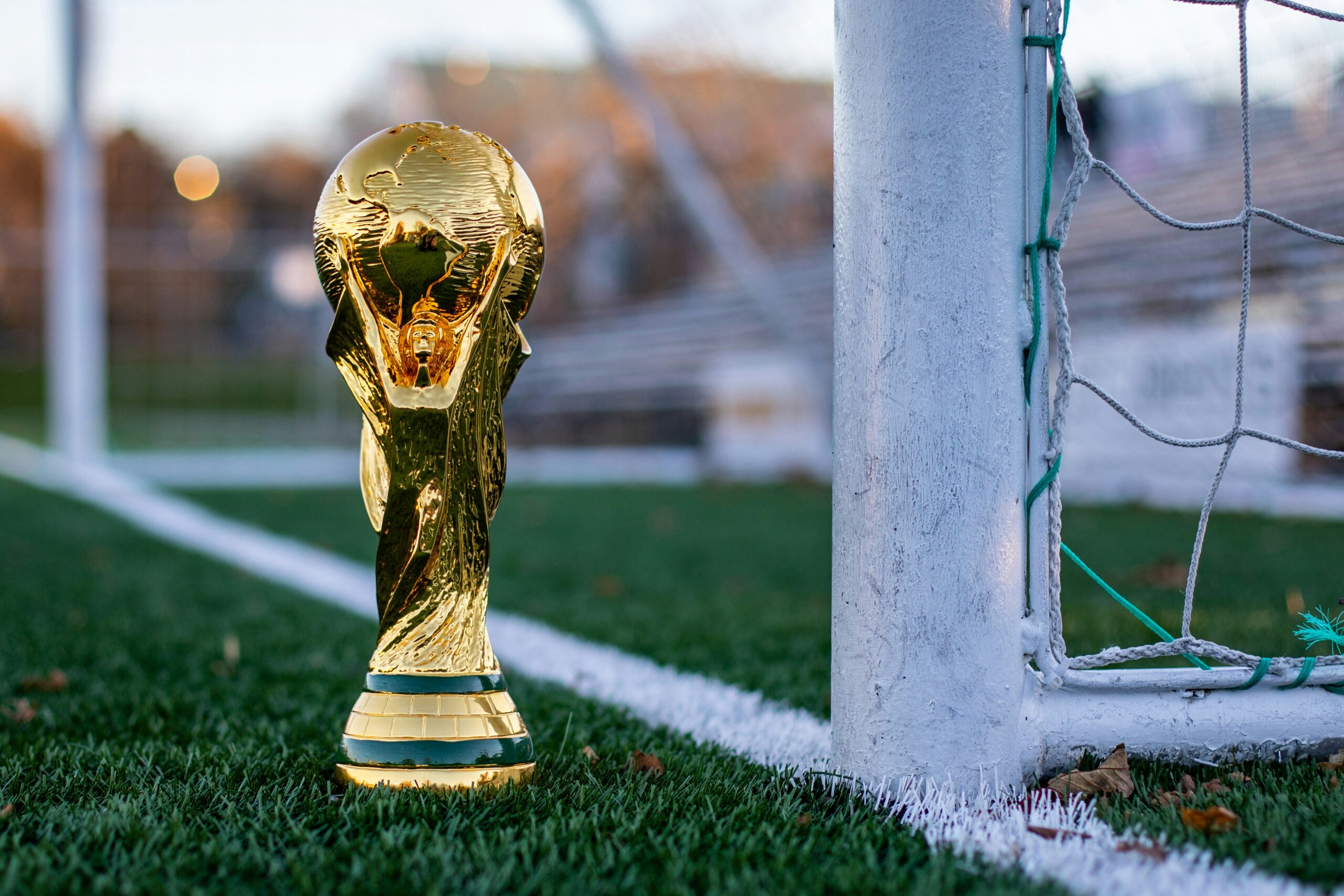With the 2026 FIFA Men’s World Cup coming to eleven of the largest cities in the United States this summer, concerns have been rising about how the Trump administration’s immigration policies and enforcement are going to impact the global event.
This year, Immigration and Customs Enforcement (ICE) raids and Customs and Border Protection (CBP) intimidation have run rampant through cities across the U.S., targeting immigrant communities and Black and Brown populations.
A few notable instances of ICE and CBP intrusion that sparked concern occurred during the FIFA’s Club World Cup (CWC). The CWC, which was hosted in the U.S. this past summer, was intended to be a preview of what is to come with the 2026 World Cup. However, during a kickoff boat party hosted in Miami by Telemundo with FIFA officials and the Miami-Dade County Mayor, CBP boarded the boat to ask crew members about their immigration status. This surprise inspection caused an abrupt cancellation of the remaining events. Following this, ICE made a comment to local Miami news that all non-American citizens attending the CWC must carry proof of legal status. When it was time for the opening match, CBP was present at Hardrock Stadium and posted on social media that they will be “suited and booted, ready to provide security for the first round of games.” This post was subsequently removed, reportedly due to concerns raised by senior FIFA officials.
Considering these events and the implications they have for the 2026 World Cup, Human Rights Watch (HRW) sent a letter to FIFA president, Gianni Infantino, to call his attention to the issues of U.S. immigration policies and enforcement. The letter, cosigned by over fifty other civil society groups, called for Infantino to use his and FIFA’s influence to call on the U.S. government to “guarantee the fundamental rights of the millions of foreign visitors and fans who seek entry into the United States to attend tournaments, and the constitutional rights of the many immigrants who already live, work, and contribute meaningfully to the cities selected [to host the games].”
Travel bans imposed by the Trump administration are also sure to cause issues, particularly for fans coming from around the world. Currently there are twelve countries barred from entering the U.S. including Iran, who is participating in the 2026 World Cup. The Trump administration is considering up to thirty-six more countries, many that are in Africa and the Middle East. Although coaches, athletes, and their immediate families are excluded from the ban, there are no exceptions for FIFA fans who want to come to the U.S. and support their national teams.
As ICE raids and CBP intimidation persist, the Trump administration has also deployed federal troops to cities opposed to his policies, including Los Angeles, one of the 2026 FIFA World Cup host cities, as well as Chicago, Portland, and Washington, D.C. When asked how the World Cup will be impacted by Trump’s aggressive response, Trump has stated he will relocate the games from places he deems as unsafe or otherwise “run by radical left lunatics,” implicating two other host cities with Democratic mayors, Seattle and San Diego. Recently, Trump reiterated his intention to move games from host cities like Boston and continues to threaten sending federal forces to another host city, San Francisco.
Although Trump does not have direct power to relocate the games, he has touted his close, personal relationship with Infantino. When asked about relocating games, Trump stated that if he felt like there were unsafe conditions, he would call Infantino, who “wouldn’t love to do it, but he’d do it very easily.” Trump and Infantino’s relationship began in Trump’s first term, when the United States agreed to host the 2026 World Cup. Their relationship has been another point of controversy amid anticipation of the global event. FIFA has strict rules on political interference because of the international status of the organization, and it is unprecedented to see sports leaders align with politicians. FIFA executives and other soccer officers have expressed concern as Infantino has emphatically embraced Trump and his family. During the CWC, Infantino allowed Trump’s daughter Ivanka to participate in the draw, a role typically done by retired players. Infantino has also left two FIFA World Cup trophies with Trump, which are displayed in the Oval Office instead of the designated location in FIFA’s Zurich Museum.
Given the issues posed by U.S. immigration policies and enforcement, concerns continue to grow in anticipation of 2026 FIFA World Cup. As immigrant communities continue to be a source of growth for sports leagues and fandom, will FIFA stand behind their mission to unite the world through soccer? Or, will Infantino defend and support Trump’s war on immigration?


